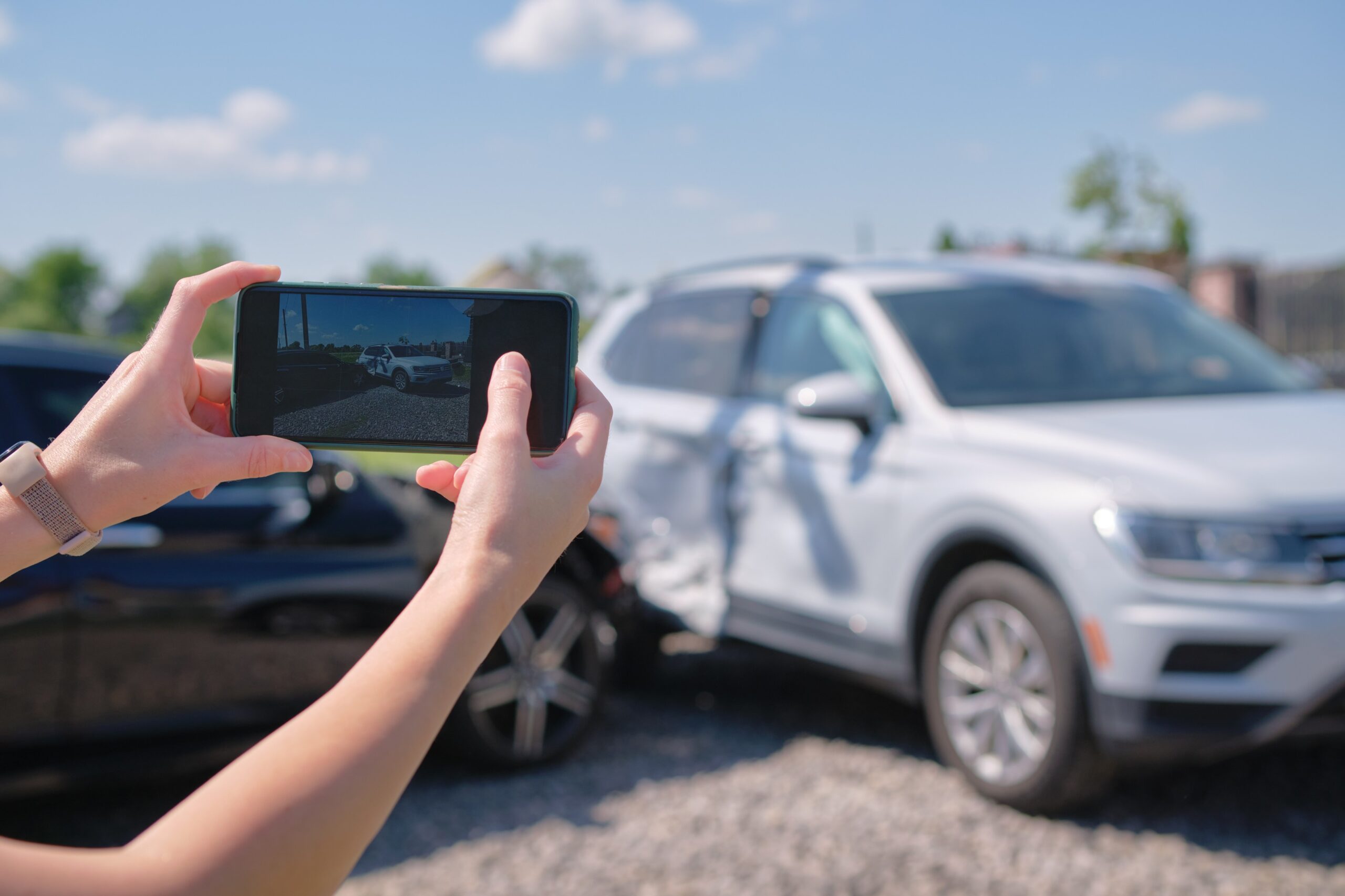A Look at Legal Implications for Dash Cam Footage in Auto Accidents – Guest Post

Dash cams have become increasingly common in personal vehicles, commercial fleets, and rideshare services. These compact devices continuously record the road ahead and sometimes the interior of the vehicle, providing a real-time account of driving behavior and roadway conditions. In the aftermath of an auto accident, dash cam footage can serve as a powerful piece of evidence. However, its legal implications are nuanced and depend on how the footage was obtained, preserved, and presented. Understanding these factors is essential for anyone involved in a collision where dash cam video may play a role.
Admissibility of Dash Cam Footage in Court
One of the first questions that arises is whether dash cam footage is admissible in court. In most jurisdictions, including California, video evidence is generally admissible if it is relevant, authentic, and not unduly prejudicial. Relevance means the footage must help prove or disprove a fact in the case. Authenticity requires showing that the video is a true and accurate representation of the events it depicts. This often involves testimony from the person who installed or maintained the camera, or metadata that verifies the time and date of the recording.
Courts may exclude footage if it has been edited, lacks context, or was obtained unlawfully. For example, if a dash cam records audio without the consent of all parties involved, it could violate wiretapping laws. Therefore, it’s important to ensure that the footage complies with privacy regulations and is presented in its original, unaltered form.
How Dash Cam Footage Can Support or Undermine a Claim
When used properly, dash cam footage can be instrumental in establishing fault. It can show whether a driver ran a red light, failed to yield, or was distracted at the time of the crash. It can also capture road conditions, traffic signals, and the behavior of other drivers. This visual evidence can corroborate witness statements or contradict inaccurate accounts.
However, dash cam footage can also work against the person who recorded it. If the video reveals that the driver was speeding, using a phone, or otherwise acting negligently, it may be used by opposing counsel to challenge the claim. This dual-edged nature means that anyone with dash cam footage should consult legal counsel before submitting it. A skilled car accident attorney in Long Beach or your area can review the footage, assess its impact, and determine the best strategy for using it in your case.
Preservation and Chain of Custody
To maintain the integrity of dash cam footage, proper preservation is critical. Once an accident occurs, the footage should be backed up immediately to prevent loss or overwriting. Most dash cams record on a loop, meaning older footage is erased as new footage is captured. If the video is not saved promptly, it may be lost forever.
Establishing a clear chain of custody is also important. This involves documenting who accessed the footage, when, and how it was stored. Courts may question the reliability of footage that has passed through multiple hands without proper documentation. Ideally, the original file should be preserved on a secure device, and any copies should be clearly labeled and tracked. This helps ensure that the footage remains admissible and credible throughout the legal process.
Privacy Considerations and Legal Boundaries
While dash cams are legal in most states, including California, they must be used within certain boundaries. Recording public roads is generally permissible, but recording inside the vehicle, especially if passengers are present, can raise privacy concerns. California law requires consent for audio recordings, so if your dash cam captures conversations, you must inform passengers and obtain their agreement.
Additionally, sharing dash cam footage publicly before a case is resolved can complicate legal proceedings. Posting video on social media or sending it to news outlets may affect jury selection or be seen as prejudicial. It’s best to keep footage confidential and share it only with your attorney and relevant legal parties. This protects your rights and ensures the footage is used appropriately.
Insurance and Settlement Impacts
Dash cam footage can also influence how insurance companies handle claims. Insurers may use the video to verify the sequence of events, assess liability, and determine the extent of damages. In some cases, clear footage can expedite the claims process and lead to faster settlements. However, if the footage reveals contributory negligence, it may reduce the compensation offered.
Because of this, it’s wise to consult legal counsel before submitting footage to an insurer. An attorney can help you understand how the video may be interpreted and whether it strengthens or weakens your position. They can also negotiate with the insurer on your behalf, using the footage strategically to support your claim.
Conclusion
Dash cam footage can be a valuable asset in auto accident cases, but it must be handled with care. From ensuring admissibility and preserving the original files to navigating privacy laws and insurance implications, the legal landscape surrounding dash cam evidence is complex. Working with an experienced attorney can help you make informed decisions and use the footage effectively to support your case. Whether you’re seeking compensation or defending against a claim, understanding the legal implications of dash cam footage is a key part of protecting your rights.
